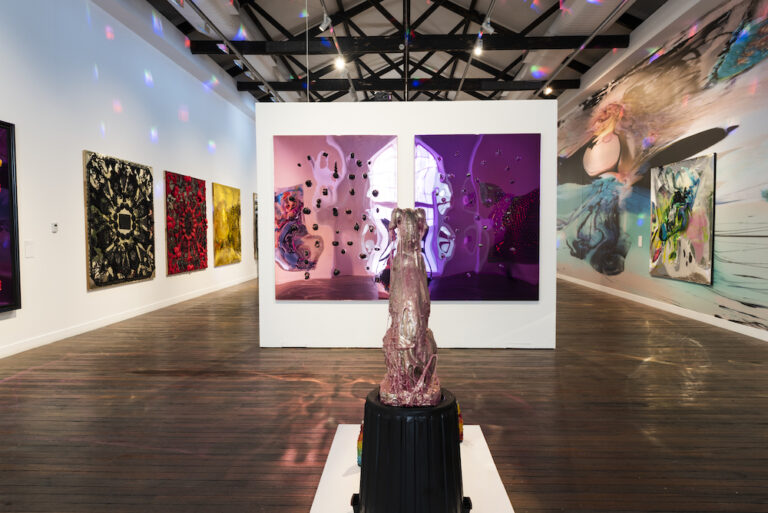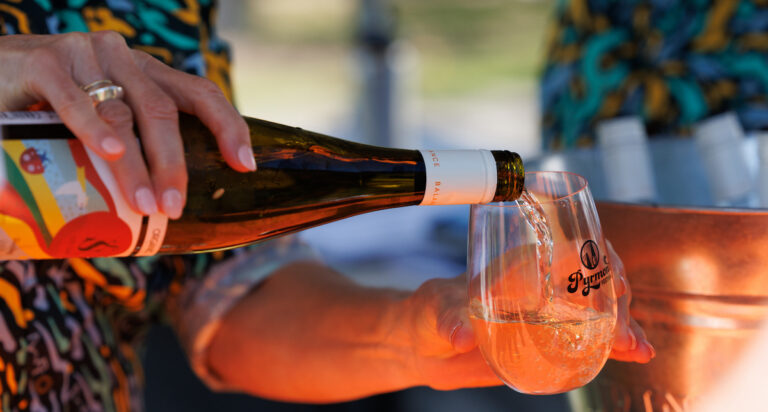
Dangerous boarding houses still operating around Sydney
By Callum Cyrus
A City Hub follow up investigation has identified several rogue boarding house operations just five months before state reforms are set to be introduced to tackle covert housing operations.
City Hub spoke to agencies letting six different properties, each cramming between six and ten tenants into apartments with only one or two bedrooms.
Two of the apartments had tenants sleeping in the living room, their privacy protected solely by a curtain or wooden screen.
Although one nine-bed residence provided 3D television by way of entertainment, most featured no living room or dedicated communal area.
Tenants were left with just a bed and a small kitchen for living space.
A City of Sydney spokesperson told City Hub that this is a problem for all councils, particularly in areas where there were a large amount of students or backpackers.
“The City receives numerous inquiries each week relating to non-approved residential uses and is currently undertaking 74 investigations,” the spokesperson said.
The City declined to comment on any ongoing investigations individually.
At a viewing in Harris Street, Ultimo, the apartment’s ten residents labelled their tiny portions of allocated storage to give the living arrangement some degree of order.
Six bunks were placed against the narrow living room wall, with all tenants sharing the flat’s single bathroom.
“Oh we’ve got all the racks labelled bro, so your space will be this one,” one resident told a City Hub undercover reporter posing as a prospective tenant,
The property agent, a student at nearby UTS added, “Don’t worry about the bathroom, normally people come back at different times so it’s not busy.”
“The good thing about my agency is we allow people to do their business. One bedroom should only be two people, two bedrooms four people only. So that’s why we do it like this, it is illegal but everyone is doing the same. In my experience, they [the authorities] never come.”
Apartments seen in the investigation were listed online for rents varying between $115 and $140 a week and were concentrated throughout the Ultimo, Chippendale and Haymarket districts.
The findings underline the acute accommodation crisis which continues to grip most of Sydney’s CBD.
According to realestate.com.au, median unit prices for a one bedroom unit in Ultimo, Pyrmont and Haymarket are $510, $535 and $580 per week respectively.
“Some years ago you used to see all those telephone numbers on lamp posts. These have more or less disappeared because now you can put them on websites, and it is a much more effective way to promote these things,” Robert Henke, Backpacker Operators Association board member, told City Hub.
“The problem has definitely not just appeared. It is off and on, particularly with all the apartments that are being built, and it is very much to do with the rental market.”
“These properties are taking away from the housing market. They are being used to accommodate a lot of people at the same time so that landlords can get more money.”
Amendments to the Environment Planning and Assessment Act due to come into force later this year will boost the powers available to local councils and the Land and Environment Court.
New provisions will see the court’s mandate to cut brothels from the electricity and water supply extended to cover rogue boarding houses.
Furthermore, local councils will be able to enter a non-residential building without notice and use reasonable force to enter premises without written authority.
It is unclear whether the reforms will strengthen the inspectors’ hand in practice.
Currently landlords and tenants have the right to refuse entry unless a suitable term of notice and in some cases a search warrant are produced.
A spokesman at the NSW Planning Department said, “These reforms came out of consultation with councils and the community who asked that increased powers be provided to ensure boarding houses comply with the relevant standards and rules.”
But Mr Henke argued that it is vital councils are given the ability to properly investigate around circumstantial pieces of evidence.
“I think what is very important is that it will be made easier for councils to get evidence, particularly circumstantial evidence like listings on websites and advertisements. If that was enough for councils to investigate it would be a lot easier because basically, they can’t just walk into places whenever they like,” he said.
The issue was thrown into sharp focus last year when fires broke out at two backpacker hostels in Sydney.
While nobody was killed in the blazes, investigations by ABC News and City Hub uncovered whole networks of illegal boarding houses evading health and safety precautions.
Mr Henke said that backpackers should seek out legitimate residences rather than run the risk of disaster,
“These places are built to house 4-5 people, and if you put 20 people in there they just aren’t built for that. The fire protection isn’t in place, they don’t have all the warning systems.” he said.









